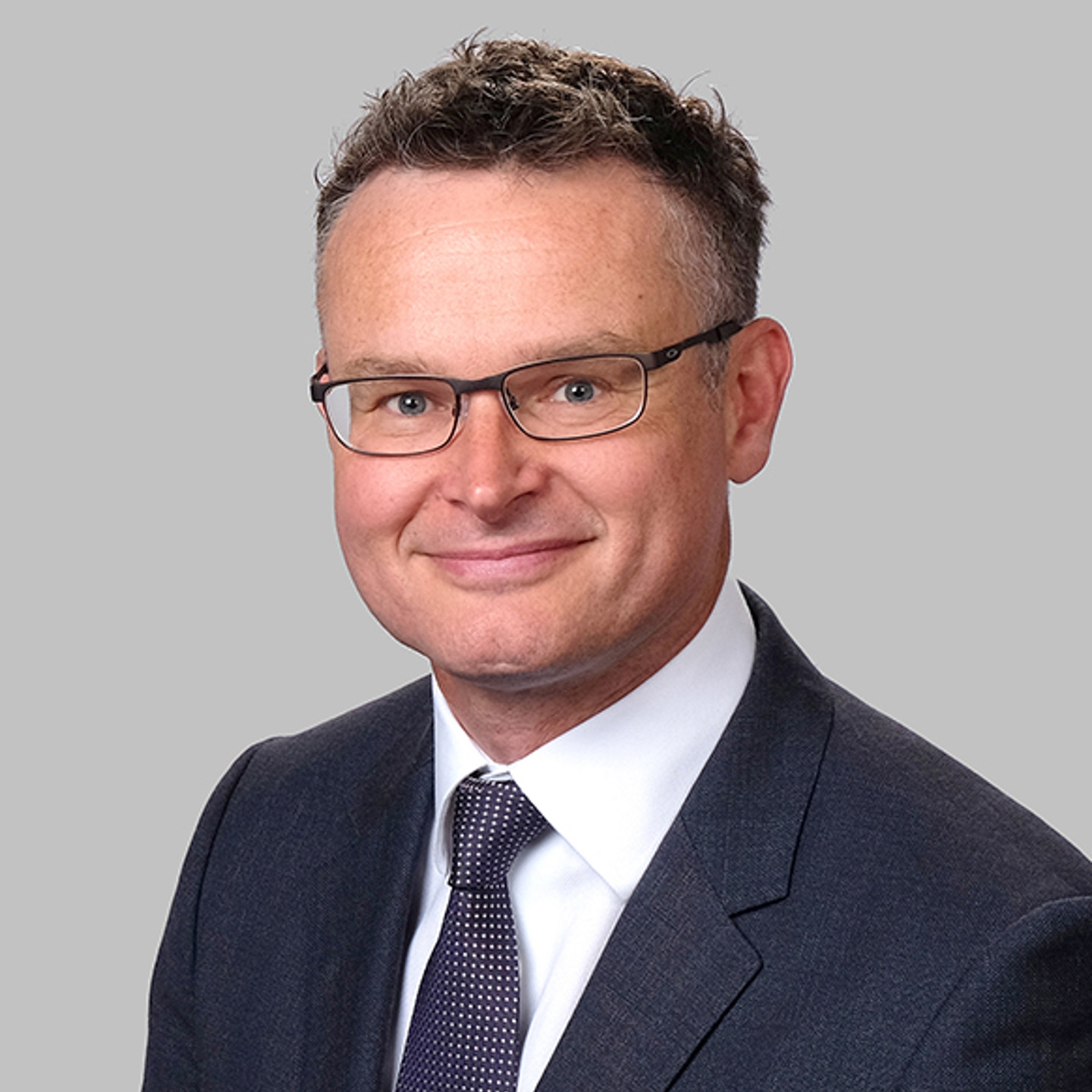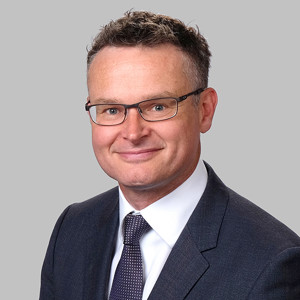
Tim Clipstone
Partner | Legal
British Virgin Islands, Guernsey

Tim Clipstone
Partner
British Virgin Islands, Guernsey
No Content Set
Exception:
Website.Models.ViewModels.Components.General.Banners.BannerComponentVm
This article first appeared on JTC's website in April 2021, and was co-written by JTC managing director James Tracey and Ogier partner Tim Clipstone.
With the twin effect of the election of Joe Biden to the White House and Democrats controlling both houses of Congress, as well as the heavy toll the Covid-19 pandemic is having on the US; climate change, sustainable business models and social welfare considerations for companies of all types and their investors have rapidly moved front and centre for US businesses.
As an example of the pressures faced by businesses from investors, Larry Fink, Blackrock’s CEO and Chairman, stated in his 2021 annual letter that:
“As the transition accelerates, companies with a well-articulated long-term strategy, and a clear plan to address the transition to net zero, will distinguish themselves with their stakeholders – with customers, policymakers, employees and shareholders – by inspiring confidence that they can navigate this global transformation. But companies that are not quickly preparing themselves will see their businesses and valuations suffer, as these same stakeholders lose confidence that those companies can adapt their business models to the dramatic changes that are coming.”
By way of reinforcing this, he required his portfolio companies to commit to being carbon neutral by 2050 and observed that the most resilient companies through the pandemic had been those with strong environmental, social and governance (ESG) credentials.
His views reflect a key aspect of the thinking around global rebuilding from the impact of Covid-19; that investors are focused on the long-term, sustainable, opportunities of creating value to benefit communities and the global economy.
A growing momentum for sustainable investments
Alternative managers are having to respond to this investor-driven demand – increasingly through 2020 institutional and private investors have sought to take a more proactive approach, heighten their focus on general partner (GP) due diligence and look under the bonnet of GPs’ strategies and governance for evidence of an evolution in sophistication of their approach to ESG.
While this is a global movement, the US may well prove a particularly interesting market over the coming years, given the change in approach and new momentum granted to ESG following the shift in administration.
Although the Senate will remain evenly poised between Republicans and Democrats, the Biden administration seems certainly more pro-green and this may help remove some of the regulatory and political roadblocks to ESG investment the US investor market has seen to date, and see a reversion to promoting ESG investment strategies.
This would be a welcome shot in the arm to cross-border ESG, with the US having lagged behind over the last four years compared with European, Asian and other developed and developing countries which have typically had significantly more allocation to sustainable investment strategies.
Changing perceptions
Aside from politics, another of the key challenges in accelerating US ESG activity will be around returns, and transforming perceptions about the importance of performance, particularly amongst fiduciaries given their overriding duty to safeguard and grow the assets under their control.
In one recent global study conducted by RBC Global Asset Management, for instance, 84% of respondents said they thought that ESG-integrated portfolios perform as well as or better than other portfolios. In Europe, that figure stood at 96% – but in the US investors were far more sceptical. Only 74% of US investors believed the same, down from 78% in 2019; this despite a number of studies that have recently looked at returns parameters and have found that ESG funds generally do not underperform and in the long-run have lower beta (due to their nature) and commonly outperform non-ESG strategies. Furthermore, when factoring in the risk profile of non-ESG stock as a result of shifting public opinion, policy moves towards ESG sympathetic actions and the increasing focus on natural disasters and rising temperatures, ESG-led investing seems a sensible long-term play. Indeed, it seems that many believe that companies with better ESG profiles are already outperforming their peers. Quoting Larry Fink again: “from automobiles to banks to oil and gas . . . companies with better ESG profiles are performing better than their peers, enjoying a ‘sustainability premium’”. He supported this by asserting that, in 2020, four-fifths “of a globally representative selection of sustainable indices outperformed their five parent benchmarks”.
Why Guernsey is well-placed to help
But where there is a challenge, there is significant opportunity. Although the US might have been slower to accept that a shift in investment philosophy is needed, the potential impact of harnessing the next generation of US managers and family offices could be hugely significant – and Guernsey is well placed to support this drive. As a domicile, Guernsey is very used to pooling capital of international investors in a neutral, appropriately regulated environment in order to deploy that capital globally.
In particular, as many US pension funds such as CALPERs, look increasingly to their investment managers to demonstrate which investments are ESG focused, they are also seeking consistent taxonomy and benchmarking. Investors, predominantly in the US, need robust and meaningful benchmarks, and the Guernsey Green Fund and its associated kitemark could have a significant role to play here. This is due to it being tied to an existing, recognised, set of green principles, the taxonomy of which was developed by the joint finance group of multilateral development banks (the African Development Bank, the Asian Development Bank, the European Bank for Reconstruction and Development, the European Investment Bank, the Inter-American Development Bank, the International Finance Corporation, World Bank from the World Bank Group and the International Development Finance Club) and provides a flexible framework for entities to adopt and provide a comprehensive understanding of what encompasses climate change mitigation. As the principles are activity based, they do not measure the management of funds and therefore leave it to the respective parties to operate the funds as they see fit. The principles also are likely to form the core of the EU’s first foray into ESG taxonomy under the EU Taxonomy Directive, and the framework is flexible enough to allow for differing sets of principles to be adopted to reflect either alternative taxonomies or other areas thought suitable for the Guernsey Green kitemark.
As a complement to the Guernsey Green Fund kitemark, Guernsey’s regulatory framework requires that any offering document that is issued by a fund must clearly state the investment parameters and objectives of each investment vehicle, as well as identify the areas of risk inherent in the chosen strategy. The Green Fund also provides a framework for managers to adopt ESG investment processes and advertise that in their offering materials. This Guernsey approach dove-tails well with the recent implementation of phase one of the Sustainable Finance Disclosure Regulation which the EU implemented to increase transparency from managers on meeting ESG goals.
The aim of the Guernsey Green Fund is to provide a clear, objective and measureable set of principles pursuant to which investments may be made which provides assurance to investors that their investment in such a fund is truly green and not just greenwashed.
Guernsey is also home to The International Stock Exchange (TISE), which is at the forefront of globally recognised exchanges in having a specialist Green Segment. The Green Segment is open to issuers from any jurisdiction for any type of green investment, including bonds, funds and trading companies provided the investment is otherwise listed on TISE and its green credentials are verified by an appropriate third party against a globally recognised standard.
Guernsey itself was the ninth member of the UN’s FS4S (the international network of financial centres for sustainability) and Guernsey also hosts its own virtual sustainable finance week in June each year, has a longstanding relationship with the UK’s Green Finance Institute and will look to participate in COP26 later this year, either in person or virtually.
Guernsey is also very well placed when it comes to the governance portion of the ESG trifecta. We anticipate that emphasis on good governance will rise up the agenda for managers and investors as it is this that ensures that investment decisions are properly considered, made and monitored against the investment criteria of the fund itself. Such focus on governance will play out well for Guernsey, which has a long history of stable government, an existing green finance infrastructure, high standards of corporate governance, administration, regulation and tax compliance and decades of specialist expertise. You might even think that the ‘G’ could refer to Guernsey.
With ESG forecast to grow in importance in 2021, and with the US at a critical point in its ESG direction, Guernsey has a vital role to play in facilitating global growth securely, effectively and efficiently and in enabling US investors to realise their ESG potential.

Tim Clipstone
Partner | Legal
British Virgin Islands, Guernsey

Tim Clipstone
Partner
British Virgin Islands, Guernsey
Ogier is a professional services firm with the knowledge and expertise to handle the most demanding and complex transactions and provide expert, efficient and cost-effective services to all our clients. We regularly win awards for the quality of our client service, our work and our people.
This client briefing has been prepared for clients and professional associates of Ogier. The information and expressions of opinion which it contains are not intended to be a comprehensive study or to provide legal advice and should not be treated as a substitute for specific advice concerning individual situations.
Regulatory information can be found under Legal Notice
Sign up to receive updates and newsletters from us.
Sign up
No Content Set
Exception:
Website.Models.ViewModels.Blocks.SiteBlocks.CookiePolicySiteBlockVm